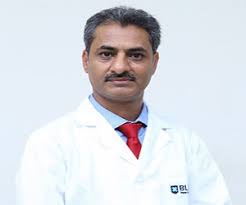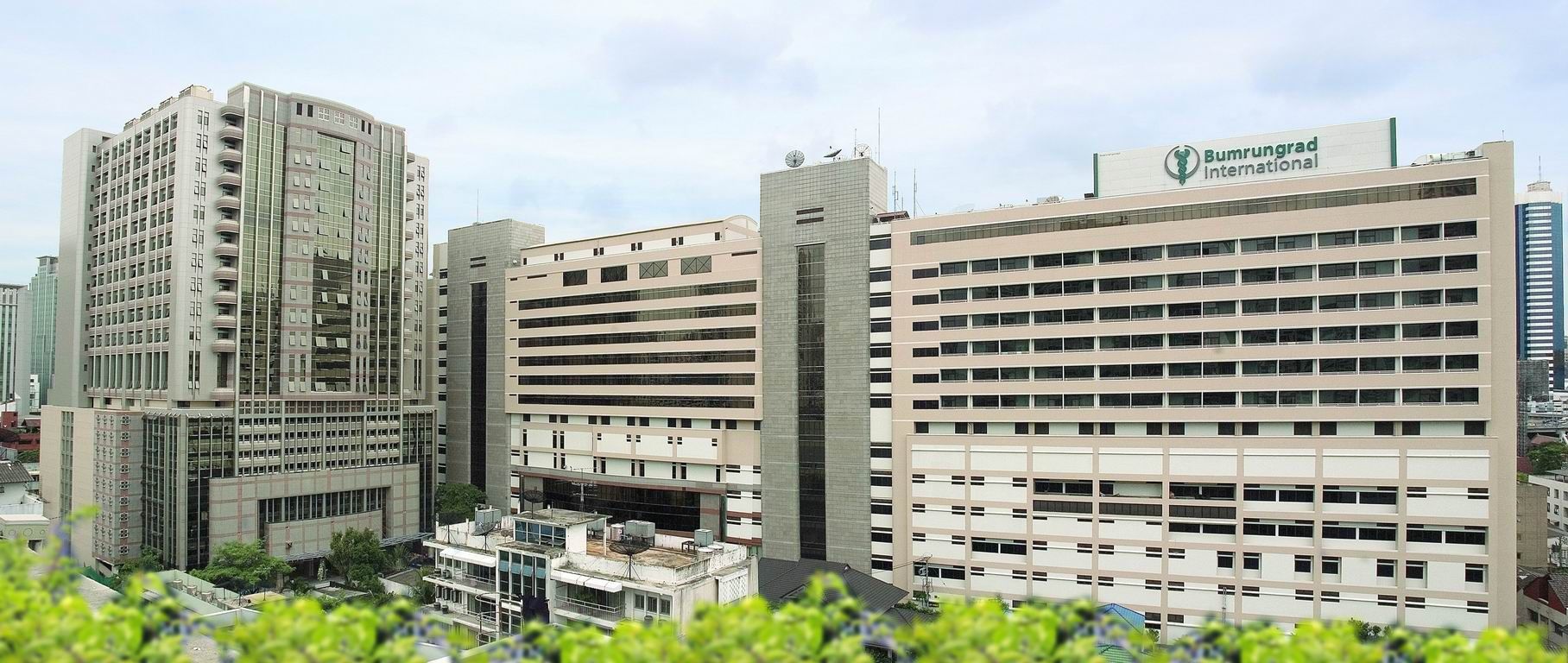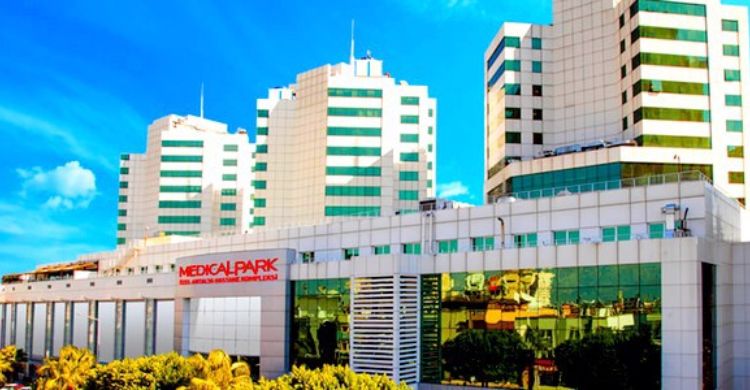Urology
Flexible Cystoscopy (Female) Treatment
Flexible Cystoscopy Female
A cystoscopy is a surgery for looking inside the bladder by the use of a thin camera known as a cystoscope. A cystoscope is being inserted into the urethra (the urethra is the tube that carries urine out of the body) and it is then passed into the bladder for allowing the doctor or nurse to view the inside.
What is Cystoscopy?
A cystoscopy is a surgery for looking inside the bladder by the use of a thin camera known as a cystoscope. A cystoscope is being inserted into the urethra (the urethra is the tube that carries urine out of the body) and it is then passed into the bladder for allowing the doctor or nurse to view the inside. Small surgical instruments can also be passed down the cystoscope for treating some bladder problems at the same time as the surgery is taking place.
What is Flexible Cystoscopy?
A flexible cystoscopy is a surgical procedure used for checking for any problems in the patient’s bladder by the use of a flexible telescope (cystoscope).
A cystoscopy is required by the patients, when the patients are having pain, blood in their urine, or having an irritable bladder (a sudden and uncontrolled need to pass the urine), or repeated infections.
Why Flexible cystoscopy is required by an individual?
A Flexible cystoscopy for the male can be used for looking and treating problems in the patient’s urethra or bladder.
For example, Flexible cystoscopy can be used for:
- Checking the root cause of the problems such as frequent urinary tract infections (UTIs), problems peeing, long-lasting pelvic pain, and blood in pee,
- Removing the sample of tissue for checking for any problems such as bladder cancer.
- Carrying out the treatments, such as removal of the bladder stones, removing or inserting a stent (a small tube used for treating the blockages), and injection of the medication into the patient’s bladder.
- medication into the patient’s bladder.
Symptoms Leading to Flexible Cystoscopy Female Treatment
A flexible cystoscopy is an instrument used to investigate the bladder and urethral functions. Many doctors recommend it when the patient has certain signs and symptoms that point toward the urinary tract, bladder, or the urethra.
Common symptoms leading to a flexible cystoscopy include:
- Blood in Urine
- Frequent UTIs
- Painful Urination
- Bladder Pain or Discomfort
- Frequent Urination or Urgency
- Difficulty Urinating
- Incontinence or Leaking Urine
- Suspected Bladder Cancer
Specific Complication due to Flexible Cystoscopy:
- Bruising and swelling: The patients may have some swelling and bruising around their urethra from the cystoscope being placed. This swelling and bruising will be cleared up after a few days. If this swelling and bruising do not clear, the patients should contact the doctors or their GP. The patients may temporarily require a catheter placed in their ladder, this will help in draining the urine until the swelling and bruising go down.
- Damage to the bladder: There is also a possibility that the bladder may damage or tear due to cystoscope or when taking a biopsy. This can result in infection and bleeding, which may need further surgery or may require temporary placement of a catheter.
- Bleeding: The patients may have a small amount of bleeding due to the cystoscope being passed up the urethra or due to any biopsies taken. Some of the patients do not have any bleeding at all but some of the patients find their urine to become slightly pink for a few days after the procedure. The patients must drink plenty of water which will help in clearing the urine. If the patient’s urine remains pink even after the few days, the patients must please contact their GP.
- Infection: There is always a risk that the patients may develop a urine infection after their cystoscopy, which could cause fever and result in pain when the patients urinate. Drinking a lot of water after the procedure can reduce these problems.
Causes Leading to Flexible Cystoscopy Treatment
Flexible cystoscopy is used to diagnose or study other diseases that may be affecting the bladder, the urethral passage and occasionally the kidneys.
Here are common causes that lead to the need for this procedure:
- Bladder Cancer
- Recurrent UTIs
- Bladder Stones or Kidney Stones
- Urethral Stricture or Narrowing
- Interstitial Cystitis (Bladder Pain Syndrome)
- Urinary Incontinence or Retention
- Trauma or Injury
- Suspected Fistulas or Abnormal Openings
- Congenital Anomalies
What are the risks of a general anesthetic?
Straight after the surgery, the patients may feel dizzy, weak, or tired. The patients must have someone to collect them and stay with them for the first 24 hours after the surgery.
During the first 24 hours after the surgery the patients should not:
- Operating or driving any motorized vehicle or electrical equipment
- Signing any legal documents or making any important decisions
- Drinking alcohol.
The patients may feel dizzy or weak at times during the first seven to ten days. If this occurs, the patients must sit down until the feeling passes. The patients may also have the ‘post-operative blues’ and feel a little depressed after the surgery. If any of these symptoms do not go away as the time progress, the patients must contact their GP for advice and help.
Facilities and Services offered for International Patients for Flexible Cystoscopy Treatment
Different hospitals provide many facilities and services to international patients with comfort and efficiency.
Here are some common services provided:
- Comprehensive Pre-Travel Support
- Dedicated International Patient Centers
- High Quality Medical Facilities
- Accommodation Services
- Post-Procedure Care and Follow-up
- Medical Visa Assistance
- Multilingual Support
Pre-Treatment Process of Flexible Cystoscopy
The preparation process of a flexible cystoscopy includes the following in order to make the patient ready for the procedure and to let him/her feel comfortable and to know what will happen next. Here’s an outline of the typical steps:
- Initial Consultation and Evaluation
- Preparation Instructions
- Pre-Procedure Instructions
- Pre-Procedure Briefing
- Pre-Procedure Briefing
Diagnostic Tests for Flexible Cystoscopy Female Surgery
Flexible cystoscopy is only done after certain diagnostic procedures have been completed to check on the wellbeing of a patient, some of the symptoms, and help in detection of a disease. These tests are applicable to enable the doctor to know the situation of the patient and be ready for the procedure.
Here are some common pre-procedure diagnostic tests:
- Urinalysis
- Urine Culture
- Blood Tests
- Imaging Tests
- Urine Cytology
- Post-Void Residual Test
- Urodynamic Testing (if needed)
- Electrocardiogram
What happens during Flexible Cystoscopy?
A flexible cystoscopy may be performed on an outpatient basis or during a hospital stay.
Procedures usually depend on the patient’s condition and follow:
- The patients will be required to remove any jewelry, other objects or clothing that may interfere with the surgery.
- Usually, an antibiotic is being given to the patients before the surgery.
- The patients will be positioned on an exam table on their back with their knees up and spread apart with their feet placed in the stirrups.
- A numbing medicine applied on the urethra.
- Once the urethra is numb the healthcare provider will put the cystoscope into the patient’s urethra.
- The cystoscope is in the bladder, the doctors may put sterile water or saline into the patient’s bladder for helping them expand it and thus making the lining of the bladder easier to view. The cystoscope will be carefully removed after the surgery has been done.
Post-Treatment Process of Flexible Cystoscopy
The post-treatment care after a flexible cystoscopy involves some measures which should be taken, the subsequent procedures that should be followed, and the signs that should be looked for with regard to the findings of the procedure.
Here’s an overview of what patients can expect:
- Immediate Post-Procedure Care
- Managing Common Symptoms
- Pain Relief (if needed)
- Post-Procedure Instructions
- Monitoring for Complications
- Follow-up Appointment
Are there any alternatives to a flexible cystoscopy?
A scan may be performed, which will provide useful information about the cause of the problem. There is a possibility that a flexible cystoscopy may require only an anesthetic jelly. However, some of the specific problems with the urinary tubes and bladder and urinary tubes cannot be treated with the help of rigid cystoscopy.
Success Rate of Flexible Cystoscopy Female Surgery
Flexible cystoscopy has an accuracy of more than 95% that shows visible lesions in the bladder and urethra on diagnosis hence being reliable.
How soon will the patients recover?
- The patients should be able to go home the same day as the surgery is performed, but only after the patients have recovered from the anaesthetic and the urine have been passed.
- The patients should be able to return to their work the day after the cystoscopy unless they have been told otherwise.
- Regular exercise should help the patients to return to their normal activities as fast as possible. Before the patients start exercising, they must ask their healthcare team or their GP for advice.
- The healthcare team will tell the patients what was found during the cystoscopy and the treatments and all the follow-up required by the patients will be discussed by the healthcare team.
Best Hospitals for Flexible Cystoscopy Test
- Artemis Hospital, Gurgaon
- Fortis Memorial Research Institute, Gurgaon
- Fortis Escorts Heart Institute, New Delhi
- Paras Hospital
Best Doctors for Flexible Cystoscopy Test
- Dr. Nitin Shrivastava
- Dr. Pradeep Kumar Bansal
- Dr. Paresh Bansal
- Dr. Anil Mandhani
- Dr. Anurag Khaitan
Why Choose GetWellGo for Flexible Cystoscopy Female Surgery?
GetWellGo is a healthcare provider that offers specialized services for patients seeking female cystoscopy surgery, and there are several reasons why patients may choose this facility for their procedure:
- Comprehensive Care for International Patients
- Advanced Medical Technology
- Experienced and Skilled Medical Team
- Patient-Centred Approach
- Affordable and Transparent Pricing
- Holistic Support for a Stress-Free Experience
- Commitment to Safety and Quality
- Timely and Efficient Service
- Language Support
- Accommodation and Travel Services
- Visa Assistance
Conclusion
Flexible cystoscopy can be considered as a safe, effective and least invasive examination for diagnosing and assessment of the UTB in women. Non-Invading, high diagnostic efficiency with mild pain, it is a useful diagnostic device in conditions like bladder cancer, infection, stone diseases or structural abnormalities. Despite the short operative time, the onset of symptoms, the low complication rate, it is relatively well-tolerated by the majority of the patients and patients are able to resume their day to day activities. It has been established that flexible cystoscopy offers a patient the most accurate view of the urinary tract while also determining additional treatment or management procedures as may be required to support proactive care and management of urinary health.
FAQ
1. What are the benefits of Flexible Cystoscopy?
- Minimally Invasive: This procedure is less invasive and generally more comfortable than the rigid cystoscopy in patients.
- Quick and Efficient Diagnosis: It gives a proper look at the bladder and urethra, thus enabling a doctor to determine whether one has infections, stones, tumors or inflammation.
- Short Recovery Time: The majority of patients are able to retain their usual activity the following day.
- Safe and Well-Tolerated: Being a low risk procedure, flexible cystoscopy is known to be safe with mild discomfort when done under topical anaesthesia.
2. How effective is the flexible cystoscopy in female patients?
- Flexible cystoscopy has a success rate of more than 95% in diagnosing diseases and conditions related to the bladder and other lower urinary tract. This test is very effective in detecting any visible anomaly, and is generally a good diagnostic tool for urinary system.
3. How long does it take to recover?
- Patients are often able to tolerate the procedure well; there is usually little or no post procedure discomfort. In particular, patients can continue their activities that very day or the next day afterwards without any problems. A few side effects like a burning sensation or pinkish colored urine which may last for 24 to 48 hours will subside on their own.
4. What should be done in the days that follow the procedure?
- Urinate frequently to clear the bladder, do not indulge in any physical activity for the next 24 hours, and if the pain is unbearable use some over the counter pain killer. If you are having signs such as fever, severe pain or excessive bleeding, you should consult your doctor.
TREATMENT-RELATED QUESTIONS
GetWellGo will provide you end-to-end guidance and assistance and that will include finding relevant and the best doctors for you in India.
A relationship manager from GetWellGo will be assigned to you who will prepare your case, share with multiple doctors and hospitals and get back to you with a treatment plan, cost of treatment and other useful information. The relationship manager will take care of all details related to your visit and successful return & recovery.
Yes, if you wish GetWellGo can assist you in getting your appointments fixed with multiple doctors and hospitals, which will assist you in getting the second opinion and will help you in cost comparison as well.
Yes, our professional medical team will help you in getting the estimated cost for the treatment. The cost as you may be aware depends on the medical condition, the choice of treatment, the type of room opted for etc. All your medical history and essential treatment details would be analyzed by the team of experts in the hospitals. They will also provide you with the various types of rooms/accommodation packages available and you have to make the selection. Charges are likely to vary by the type of room you take.
You have to check with your health insurance provider for the details.
The price that you get from GetWellGo is directly from the hospital, it is also discounted and lowest possible in most cases. We help you in getting the best price possible.
No, we don't charge patients for any service or convenience fee. All healthcare services GetWellGo provide are free of cost.
Top Doctors for Urology
Top Hospitals for Urology
Contact Us Now!
Fill the form below to get in touch with our experts.







